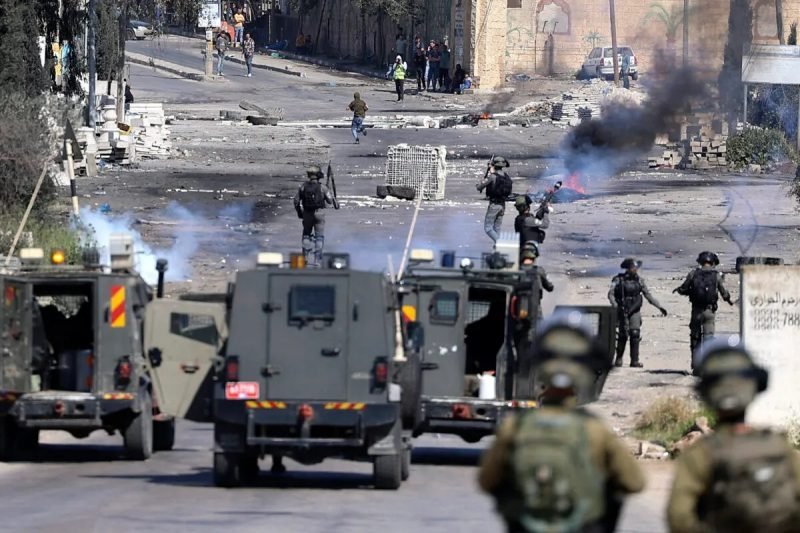Israel- Palestine status quo remains unchanged after three days of conflict

Israel-Gaza history
With the defeat of the ottoman empire in the first world war, the British administration took control of Palestine, promising to establish the region as the Jews’ national home. But, since the Arabs majorly inhabited the region, it became inevitable to surmount the tensions between both groups. In 1947, due to the escalation of violence in the region, Britain referred the matter to the United Nations. And accordingly, United Nations resolution 181 was passed that partitioned Palestine into Arab and Jewish states with Jerusalem as a Corpus Separatum, a separate entity, to be governed by an international regime. In addition, the split provided Egypt with Gaza Strip and East Jerusalem to Jordan. However, in June 1967’s six-days war, Israel defeated Jordan, Egypt and Syria and occupied the West Bank, east Jerusalem, Golan Heights, and the Gaza strip. On June 14, 2007, Hamas (an Islamist resistance movement) occupied the Gaza strip after violent clashes with the Fatah faction (represented by PA’s president Mahmoud Abbas). Furthermore, since seizing power, Hamas has fought with the Israeli state four times. Although except for small strife earlier this year, the border has remained relatively peaceful since the eleven-day war until the development of the current conflict.
2022 Conflict
The current conflict unfolded with the Israeli attacks on the sites of the Gaza strip. It took a violent turn with the killing of a senior Palestinian Islamic Jihad commander by the Israeli state, with the reasoning of an “imminent threat” from PIJ. According to the Palestinian Health Ministry reports, Israel’s attack on Gaza has claimed at least 44 lives, including four women and eleven children. However, the three-day war has been successfully mediated by Egypt with an announcement of a ceasefire in the region.
The Gaza Strip has remained relatively quiet since the war in May last year, which killed 256 people in Gaza and 14 people in Israel. The new round of fighting came as Israel prepares for its fifth elections in four years after the collapse of a short-lived coalition government, which ousted the longtime prime minister, Benjamin Netanyahu.
What is PIJ?
PIJ, a Palestinian Islamist Jihad militant group, was formed in 1981 by a group of Palestinian students to establish a Palestinian state in the occupied Gaza strip, West Bank and other areas which are now parts of Israel. However, despite being a smaller organisation than Hamas, the group has been participating in all confrontations with Israel. Both the groups, Hamas and PIJ, are west-listed terrorist organisations with the backing of Iran. However, unlike Hamas, PIJ does not share any political ambition to form a government in the region.

Outcome
Despite numerous attempts by the international community to establish peace in the region, the status quo remains highly unchanged. Both the parties share an indefinite risk of strife, missile attacks, and a potential war. Such uncertainties do not merely pose a risk for economics in the regions but severely impact Article 2, Right to Life, Article 23(1), Right to work and, Article 17, Right to property of UN charter.
The attack directly or indirectly, as seen in the eleven-day war, impacts Palestine’s economic structure and productive sectors of the Gaza Strip, which are already in chaos due to the Coronavirus pandemic and Russian invasion-induced Global Inflation. In addition, the Israeli economy as well is not immune to the overall effects of the attacks. For instance, the risk posed by the volatile possibility of war impacts the investment opportunity of the region, which acts as a significant obstacle to the growth of the already-developed nation.
However, the mediation of Egypt successfully led to the region’s ceasefire. But, the status quo remains the same especially, with the implementation of a two-state solution nowhere to be seen.


















